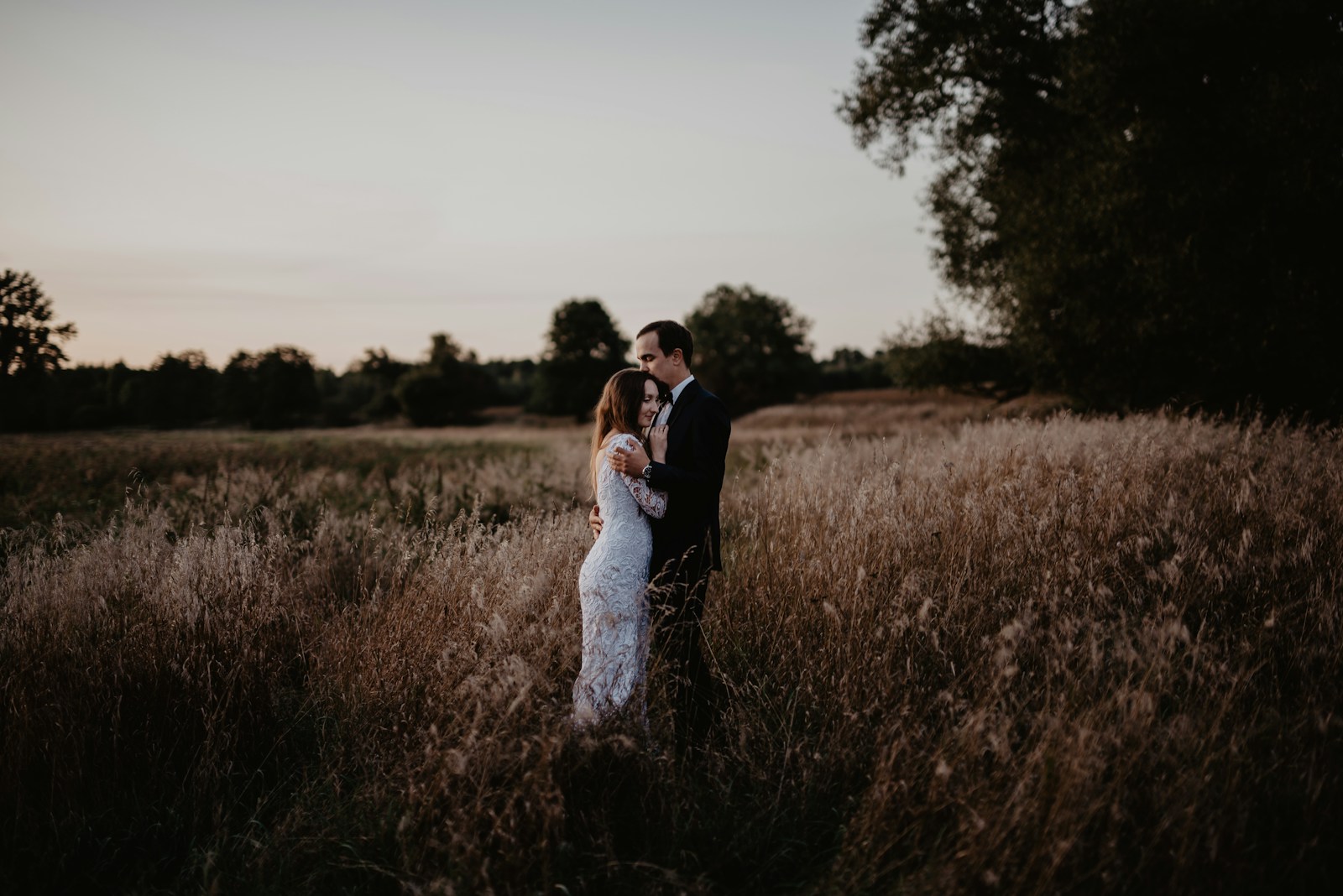
ils/elles

they
In French, 'they' translates to either 'ils' or 'elles', depending on the gender of the group. 'Ils' is used if it is a male group or a mixed-gender group, while 'elles' is used if the group is entirely female.
Example sentences using: ils/elles
Ils aiment le chocolat.

They love chocolate.
In this phrase, 'Ils' is used as the subject to refer to a group of males or a mixed gender group, whereas 'aiment' is a conjugated form of the verb 'aimer' meaning 'to love'. 'Le chocolat' is an example of a direct object- the thing loved by the group indicated by 'Ils'.
Ils jouent au football chaque samedi.

They play football every Saturday.
The verb 'jouent' (play) expresses the action being done by the subject 'Ils'. 'Au football' is the direct object indicating what the subject is playing. 'Chaque samedi' is a time indicator, meaning 'every Saturday'.
Elles étudient pour l'examen.

They are studying for the exam.
'Elles' specifies multiple females. 'Étudient' is the verb describing the action they are doing. 'Pour l'examen' is the reason or purpose for the studying. The whole phrase illustrates an ongoing action.
Ils arrivent demain.

They arrive tomorrow.
'Ils arrivent demain' uses 'Ils', the third person plural pronoun, to signify that a group of males or a mixed gender group is performing the action. 'Arrivent' is a verb indicating the group's action. 'Demain' specifies when this action will occur.
Elles ont mangé toutes les pommes.

They ate all the apples.
'Elles ont mangé' specifies that the action of eating has taken place, done by the group of females. 'Toutes les pommes' illustrates what has been completely consumed by them.
Elles ont vu un film hier.

They saw a movie yesterday.
This sentence uses 'Elles' to indicate that the subject is a group of females. 'Ont vu' is a compound tense verb phrase that means 'have seen' or 'saw'. 'Un film' is the direct object they viewed. 'Hier' sets the time of the event.
Ils sont allés au parc.

They went to the park.
'Ils' is the subject performing the action and 'sont allés' is the verb phrase illustrating past movement. 'Au parc' specifies the location where the group went to.
Elles préfèrent le café sans sucre.

They prefer coffee without sugar.
This sentence uses 'Elles' for a group of females and the verb 'préfèrent' for their action. 'Le café sans sucre' is the specific preference of the group, meaning 'coffee without sugar'.
Elles sont très belles.

They are very beautiful.
'Elles' is the feminine plural subject pronoun used to refer to multiple females. 'Sont' is the third person plural conjugation of 'être', meaning 'to be'. 'Très belles' is a compliment directed to the group indicated by 'Elles', meaning 'very beautiful'.
Ils font leurs devoirs ensemble.

They do their homework together.
'Ils font' indicates that a group of males or a mixed gender group is performing the action. 'Leurs devoirs' is the object of the action they are currently doing. 'Ensemble' means they are doing it in a collective manner.